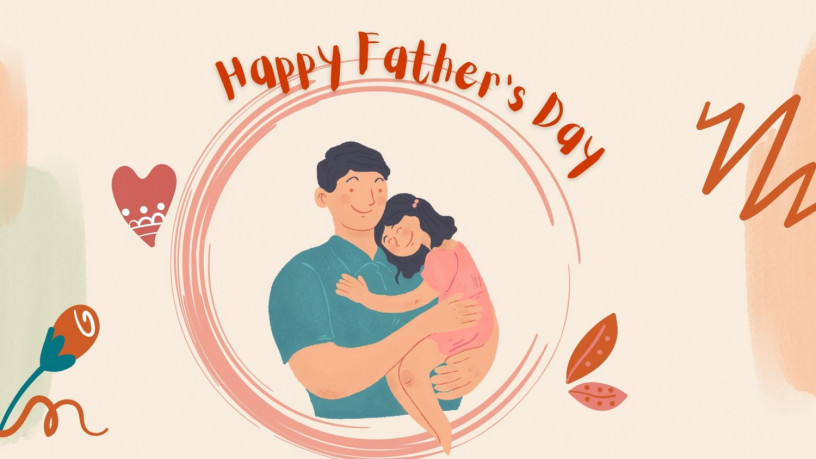Father's Day in Nepal: A Celebration of Love and Reverence Professional
Sep 2nd, 2024 at 12:27 Blogs Kathmandu 514 views Reference: 1477Location: Kathmandu
Price: Contact us
Father's Day, known as "Kushe Aunsi" or "Babu Ko Mukh Herne Din" in Nepal, is a special occasion dedicated to honoring fathers and their contributions to the family and society. Celebrated according to the lunar calendar, it usually falls in late August or early September on the new moon day (Aunsi) of the Nepali month of Bhadra. This day is deeply rooted in Nepalese culture and traditions, symbolizing the respect, love, and gratitude that children hold for their fathers.
The Significance of Kushe Aunsi
Kushe Aunsi, or Gokarna Aunsi, derives its name from two elements: "Kushe," a sacred grass used in Hindu rituals, and "Aunsi," meaning the no-moon day. The day is also linked to the ancient Hindu legend of Gokarna Mahadev, a revered temple near Kathmandu where people go to pay homage to their deceased fathers. It is believed that performing rituals and offering prayers at Gokarna Mahadev on this day brings peace to the souls of departed fathers and ensures their blessings.
Traditional Customs and Celebrations
On Father's Day, children express their love and respect for their fathers through various rituals and customs. The day begins with sons and daughters visiting their fathers, offering them gifts, sweets, fruits, and a special "Dakshina" (monetary offering) wrapped in a sacred cloth. Fathers are honored by performing a ceremonial "Tika" on their foreheads, followed by touching their feet as a sign of deep respect.
A unique aspect of Father's Day in Nepal is the "Shraddha" ceremony, performed in memory of deceased fathers. Those who have lost their fathers visit the Gokarna Mahadev Temple or other holy sites to perform these rituals, which include offerings of water, milk, sesame seeds, and Kush grass. This practice is believed to help the departed souls attain peace and liberation (Moksha).
The Cultural Essence of Father's Day in Nepal
Father's Day in Nepal is not just about gifts and celebrations; it is a day that emphasizes the importance of filial piety, a core value in Nepali society. The day serves as a reminder of the enduring bond between father and child, highlighting the sacrifices fathers make for their families. It is a time for children to express their gratitude for the guidance, protection, and unconditional love they have received from their fathers.
In a broader sense, Kushe Aunsi reflects the rich cultural tapestry of Nepal, where tradition and spirituality are interwoven with daily life. The rituals and customs observed on this day are a testament to the deep respect Nepalis have for their ancestors and the significant role fathers play in shaping the lives of their children.
Modern-Day Celebrations
While the essence of Father's Day in Nepal remains rooted in tradition, modern influences have brought changes to how the day is celebrated. Urban families often incorporate contemporary elements, such as dining out or giving personalized gifts. Social media platforms are flooded with heartfelt messages and tributes to fathers, bridging the gap between traditional and modern expressions of love.
Despite these changes, the core values of respect, reverence, and gratitude continue to define Father's Day in Nepal. The day remains a poignant reminder of the importance of family ties and the enduring legacy of fathers in Nepali culture.
Conclusion
Father's Day in Nepal is a beautiful blend of tradition, culture, and emotion. It is a day that not only celebrates the bond between fathers and their children but also honors the memory of those who have passed away. Through rituals, prayers, and acts of love, Nepalis pay tribute to their fathers, reinforcing the timeless values that hold families and communities together. Kushe Aunsi is more than just a day on the calendar; it is a celebration of life, love, and the eternal bond between a father and his child.


